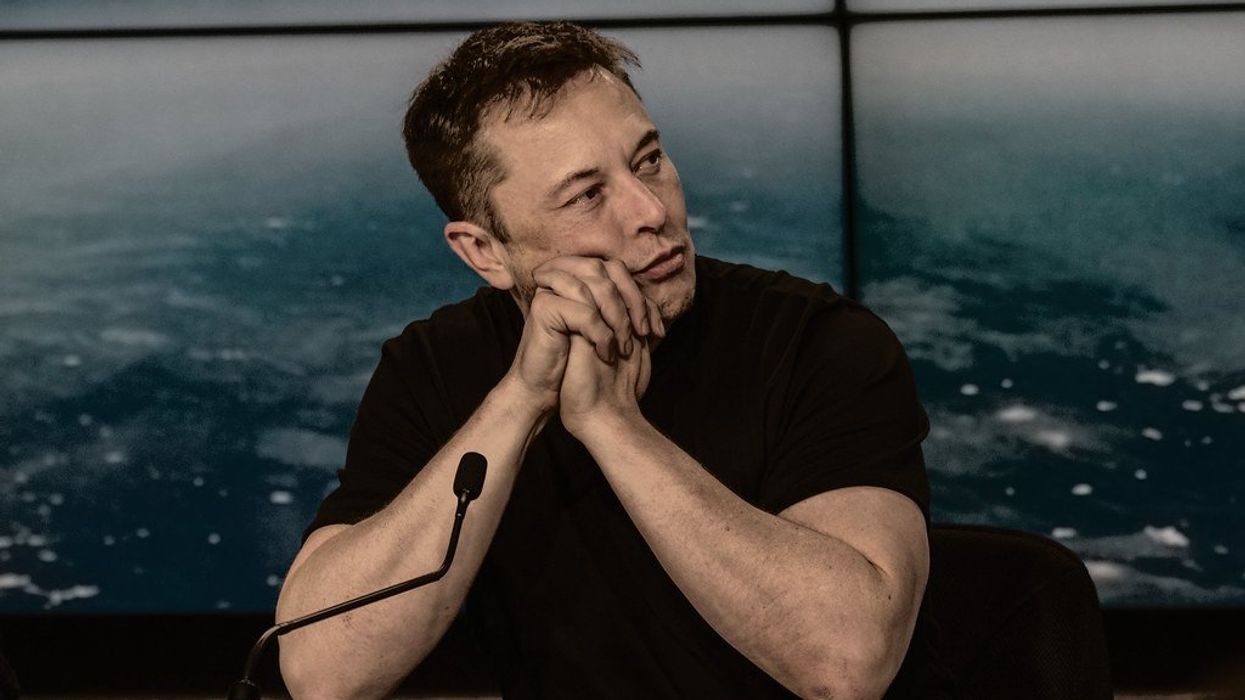On Thursday, March 13, the Campaign Legal Center (CLC) filed a complaint with the U.S. Department of Transportation’s acting Inspector General. The complaint asks them to investigate if Elon Musk unlawfully influenced government decision-making and Federal Aviation Administration (FAA) contracts involving his satellite business.
CLC is a nonpartisan legal organization dedicated to solving the challenges facing American democracy. Its mission is to fight for every American’s freedom to vote and participate meaningfully in the democratic process, particularly Americans who have faced political barriers because of race, ethnicity, or economic status.
CLC’s Kedric Payne said the following about the ethics complaint: “ The American people deserve an unimpeded investigation to determine whether Elon Musk has violated conflict of interest laws by prioritizing his own personal financial interests over the public good,” said Kedric Payne, vice president, general counsel and senior director for ethics at Campaign Legal Center. “Based on his public statements, it appears that Musk has corrupted decision-making at the FAA involving the agency's use of his satellite internet business. Corruption happens when government officials abuse their powerful positions for personal gain — Elon Musk owes it to the American public to remove himself from overseeing policy decisions connected to his personal profits.”
The complaint states the following: Campaign Legal Center writes to request that the Office of the Inspector General (“OIG”) investigate whether the Federal Aviation Administration’s (“FAA”) business transactions with Elon Musk’s satellite internet company are improper due to violations of the criminal conflict of interest law, 18 U.S.C. § 208. Specifically, public reports establish that the FAA began using Starlink services and considering contracts with the company in response to Musk’s requests, who is a special government employee (“SGE”) and the CEO of Starlink. Multiple FAA officials, including the Department of Transportation Secretary and one of the Department’s lead engineers, publicly stated that Musk is the source of the directives for the FAA to implement Starlink technology. If Musk participated in or directed discussions with FAA employees concerning business transactions with Starlink, he may have violated the criminal conflict of interest law and corrupted FAA’s business relationship with Starlink.
For over 60 years, federal law has banned executive branch employees, including SGEs, from participating in business transactions where they may receive a financial benefit. Courts have found that this law is intended to protect public trust in government because when an executive branch employee profits from a government contract, the contract is tainted, and it diminishes confidence in government.4 OIG is responsible for investigating ethics issues connected to FAA’s business partners, and its stated priorities include “fraud schemes that significantly impact DOT funds [and] employee integrity violations.
Accordingly, the evidence suggesting that Musk has blatantly and improperly influenced the FAA’s decision to work with Starlink warrants a thorough OIG fact-finding. The public has a right to know that their tax dollars are being spent in the public’s best interest and not to benefit a government employee’s financial interests. OIG should investigate the FAA’s recent decision to use Starlink and Musk’s conduct to determine whether a criminal violation occurred.
Federal Criminal Law Prohibits Special Government Employees from Influencing an Agency’s Business Transactions Involving their Financial Interests
Pursuant to the federal criminal conflicts of interest law, “an officer or employee of the executive branch of the United States Government . . . including a special Government employee,” shall not participate “personally and substantially as a Government officer or employee, through decision, approval, disapproval, recommendation, the rendering of advice, investigation, or otherwise, in a . . . contract . . . or other particular matter in which, to his knowledge, he . . . has a financial interest.
The full complaint with citations can be viewed by clicking HERE.




















Trump & Hegseth gave Mark Kelly a huge 2028 gift